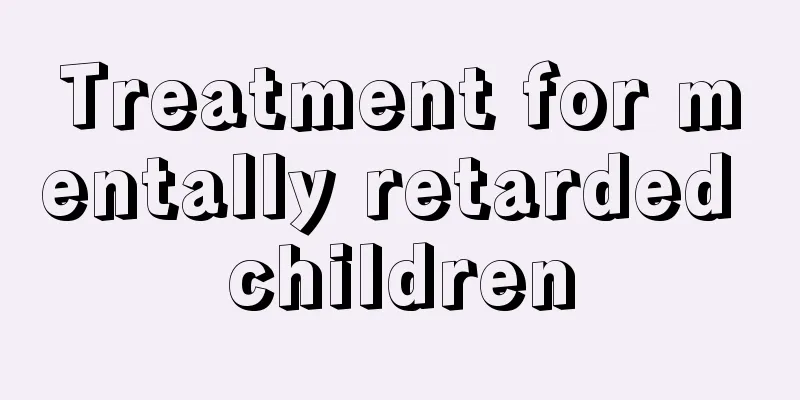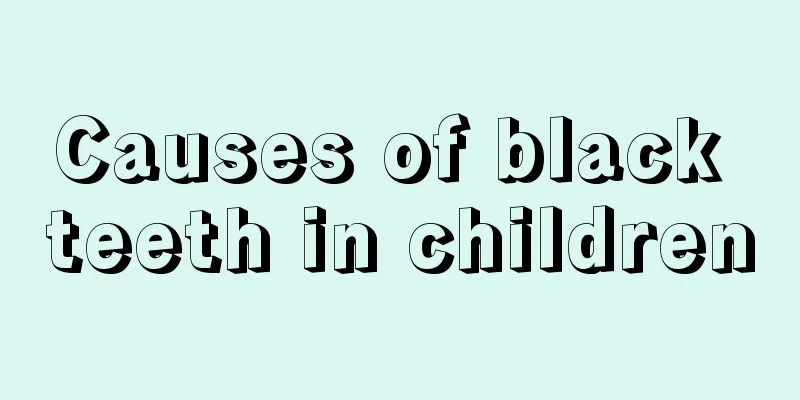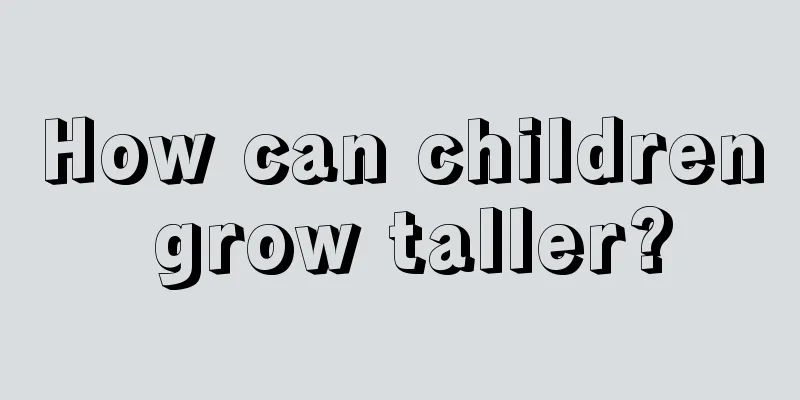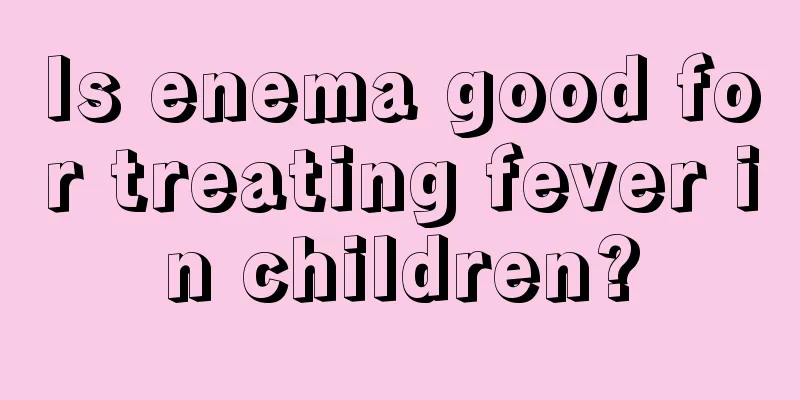Is it normal for a baby to start teething at 4 months old?

|
In daily life, many parents have to work hard for their careers and to give their babies a better life, but this will ignore the normal growth process of the child. So let us find out whether it is normal for a baby to grow teeth at more than four months old. Babies usually start to grow at 6.7 months, some at 4.5 months as early as possible and some at 10 months as late as possible. If a child is over 1 year old and has not yet grown his first deciduous tooth, it is called late eruption of deciduous teeth. The most common cause of delayed eruption of primary teeth is vitamin D deficiency rickets. Extreme malnutrition, cretinism (congenital hypothyroidism), and congenital syphilis are also causes of late eruption of deciduous teeth. If a child is over 1 year old and still has not grown teeth, parents should take the child to the hospital for treatment. If the child still has not grown teeth after taking calcium supplements and vitamin D and other diseases have been ruled out, the child should go to the hospital for an X-ray to determine whether there are tooth germs in the gums. If there are tooth germs, the teeth will grow sooner or later. If there are no tooth germs, the problem of adontia should be considered. Most healthy babies should start to grow teeth between 6 and 8 months after birth, but some may not start to grow teeth until as early as 4 months or as late as 10 months. Normal babies start to grow teeth at an average age of six months, adding one tooth per month, and will have six teeth at about one year old (twelve months). All twenty deciduous teeth will have grown in around the age of two and a half. However, the time when every baby grows teeth is not the same, and we often see that many babies have different teething patterns. The order in which your baby's teeth grow may vary, but they will all grow out. Some children start to grow teeth later, around one year old, but they may grow four or six teeth at a time. Some babies even stop growing their two front teeth for a long time. These situations are common and are within the acceptable normal range, so parents don't need to worry. There are certain individual differences in the early or late eruption of teeth. These differences are affected by factors such as race, gender, genetics, as well as environmental factors such as temperature, nutrition, and disease. Under normal circumstances, babies with good nutrition, high height and weight will have their teeth erupt earlier than babies with poor nutrition, low height and weight; babies in cold areas will have their teeth erupt later than babies in warm areas. The above article gives you a detailed introduction on whether it is normal for a baby to grow teeth at more than four months old. I believe you already have a preliminary understanding, so in daily life, if your baby also grows teeth at this time, don’t worry too much. |
<<: How to solve the problem of baby suddenly not liking to eat milk powder
>>: What to do if your child coughs at night
Recommend
What to do if your child's hands, feet and eyes turn yellow
If a child's hands, feet and eyes are yellow,...
What should I do if my 1-year-old baby has a high fever?
Some newborn babies have physical problems, espec...
Why does my baby like to sweat?
We all know that the health of every child is the...
Why are my children's teeth yellow?
When we communicate with others, the first thing ...
Treatment for amblyopia in one eye
Amblyopia is a type of eye disease that has a ser...
Children suddenly have allergies
If a child's skin suddenly develops allergies...
3 month old baby snoring while sleeping
Three-month-old babies are relatively young, and ...
Causes of calf cramps in teenagers
During the process of growth and development, man...
What to do if a 10-year-old child is anemic
The symptom of anemia in 10-year-old children is ...
Indigestion and diarrhea in children
With the continuous improvement of modernization,...
What should I do if my child poops in small amounts?
As we all know, children's bodies are extreme...
What should I do if my child has eye discomfort?
As parents, we should pay attention to children&#...
What are the dangers of overweight baby?
The fetus absorbs various nutrients from the moth...
How to treat cerebral hypoxia in children?
The difference between humans and animals is that...
What are some ways to improve children's memory?
When children have poor academic performance, par...









